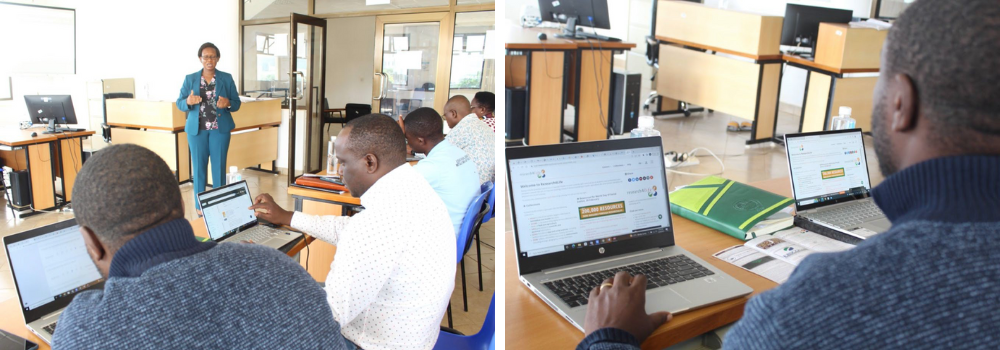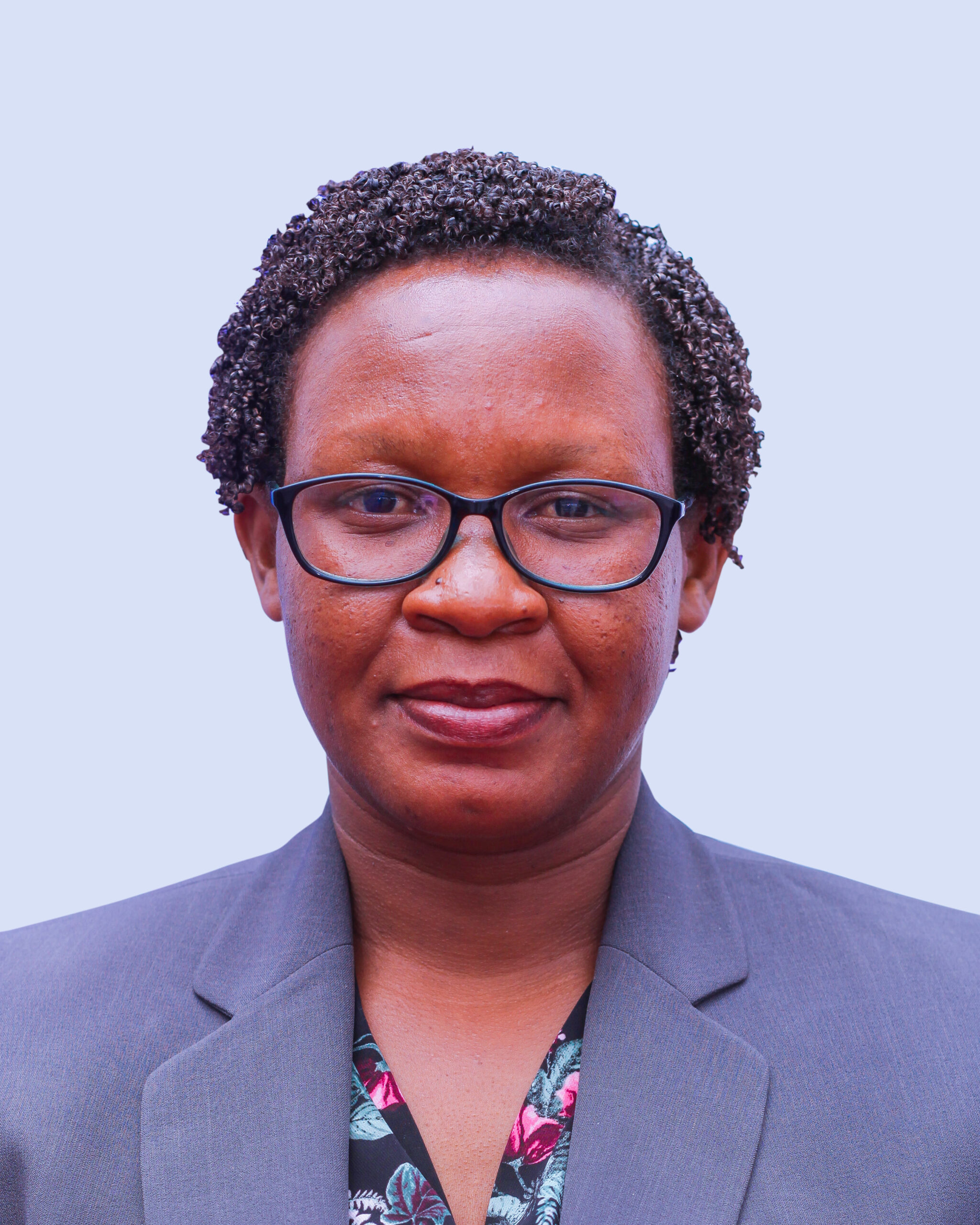Working towards SDG4 in the United Republic of Tanzania
The University of Dodoma in the United Republic of Tanzania was founded in 2007, and is the fastest growing University in the country. We are proud to work with one of the leaders there, Dr. Grace Msoffe, who is the Director of Library Services at the University.

In particular, Dr. Msoffe has an interest in helping her University apply Sustainable Development Goal SDG4 which is “quality education”. According to the UN, the purpose of SDG4 is to: ““Ensure inclusive and equitable quality education and promote lifelong learning opportunities for all”.
A paper from the University of Dodoma highlights the work Dr. Msoffe and others there are doing to promote SDG4: “Scholarships are provided to all staff at all levels, the training of teachers in special needs education; they provide scholarships for disadvantaged students; and lastly they have an adult literacy programme.”
The United Republic of Tanzania is a populous country with a growing population and a government priority on education. The literacy rate for people aged 15 and over has grown from 77.9% in 2015 to 81.8% in 2021. However, more work is needed to support the youthful population to achieve higher education, as there are currently only 18.3 researchers per million people.
The United Republic of Tanzania is a Research4Life Group A country, eligible for free access to research resources. It is also one of twelve pilot countries with our Country Connector program. In the United Republic of Tanzania, we partner with Dr. Msoffe and Agatha Mashindano at the University of Dodoma to collaborate on achieving SDG4 as well as other SDG goals. Some of the work we do includes: customization of research capacity needs; engagement with local partners relevant to boosting research and implementation; and guidance for local publishers with an interest in Research4Life exposure. You can read more about all of the Country Connectors, and what they do, here.
We sat down with Dr. Msoffe and asked her to share some of the experiences and successes that she has had with her work.

How did you begin your current career?
Dr. Grace Msoffe: “I started my career as an Assistant Librarian Trainee at the Sokoine University of Agriculture in 2003, where I worked until 2015, when I shifted to the University of Dodoma as a Librarian.“
Was this the first exposure you had to Research4Life?
Dr. Grace Msoffe: “I used Research4Life extensively when I did my PhD. My research was on information access for rural poultry farmers in Tanzania. This research was really exciting to do, and very important as well. Poultry production plays an essential role in household nutrition and income, and is the only livestock enterprise available to all rural households.” (Grace Msoffe has a substantial body of work and has authored more than twenty research papers, which you can find here.)
What is a typical day like for you?
Dr. Grace Msoffe: “At the University of Dodoma, I am the Director of Library Services. My typical days starts at 8:00 a.m. and most of the time ends at 6:00 p.m. and beyond. Most of the issues I handle are administrative issues related to the Directorate of Library Services at UDOM. Given the bustling campus and our six libraries, you can imagine how lively and active the environment is! The university operates as one integrated campus, consistently busy with academic activities.”
I see you have over twenty research papers you have contributed to, that’s impressive! What are you working on right now?
Dr. Grace Msoffe: “Right now I am working on a proposal for Cultural Heritage under the Modern Endangered Archives Program (MEAP). MEAP ‘provides funds for projects that document, digitize, and make accessible endangered archival materials from the 20th and 21st Centuries. Collections focus on history, society, culture, and politics, with an emphasis on social justice, human rights activism, cultural production, indigenous experiences, and under-documented communities’. You can learn more about that program here.”
Thanks very much for speaking with us today, and thanks for all of the wonderful work you do!
Read more about Research4Life and the United Republic of Tanzania here and here.





